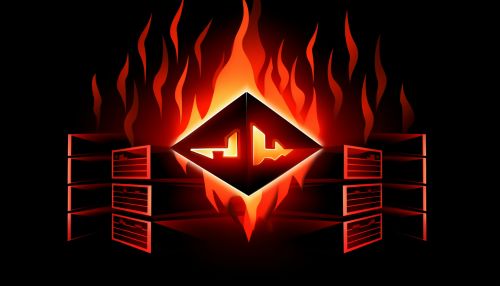Firewall (computing)
Definition and Purpose
A firewall is a network security system that monitors and controls incoming and outgoing network traffic based on predetermined security rules. It establishes a barrier between a trusted internal network and untrusted external network, such as the Internet. Firewalls are often categorized as either network firewalls or host-based firewalls. Network firewalls filter traffic between networks and run on network hardware. Host-based firewalls run on host computers and control network traffic in and out of those machines.
History
The term firewall originally referred to a wall intended to confine a fire within a building. The term was applied in the late 1980s to network technology that emerged when the Internet was fairly new in terms of its global use and connectivity. The predecessors to firewalls for network security were the routers used in the late 1980s.
Types of Firewalls
Firewalls can be categorized into several types based on their structure and method of operation. These include:
Packet Filtering Firewall
Packet filtering firewalls, the most traditional type of firewall, inspect packets of data as they are transmitted across a network. The firewall is programmed with predefined rules and filters data based on these rules.
Stateful Inspection Firewall
Stateful inspection firewalls, also known as dynamic packet filtering firewalls, keep track of active connections and use this information to determine which network packets to allow through.
Proxy Firewall
Proxy firewalls operate at the network application level and act as an intermediary between two systems. The firewall receives and inspects all messages entering or leaving the network, ensuring that they meet the firewall's rules criteria.
Next-Generation Firewall
Next-generation firewalls (NGFWs) are a more advanced version of the traditional firewall. NGFWs include additional features like application awareness and control, integrated intrusion prevention, and cloud-delivered threat intelligence.
Firewall Configuration
Firewall configuration is a critical aspect of maintaining network security. It involves setting up the firewall rules that determine what traffic is allowed to pass through the firewall. The configuration process varies depending on the type of firewall and the specific security needs of the network.
Firewall Limitations
While firewalls provide an essential layer of security, they are not a complete solution for network security. Firewalls cannot protect against attacks that bypass the firewall, such as insider attacks, physical security breaches, or attacks that exploit software vulnerabilities.
See Also


